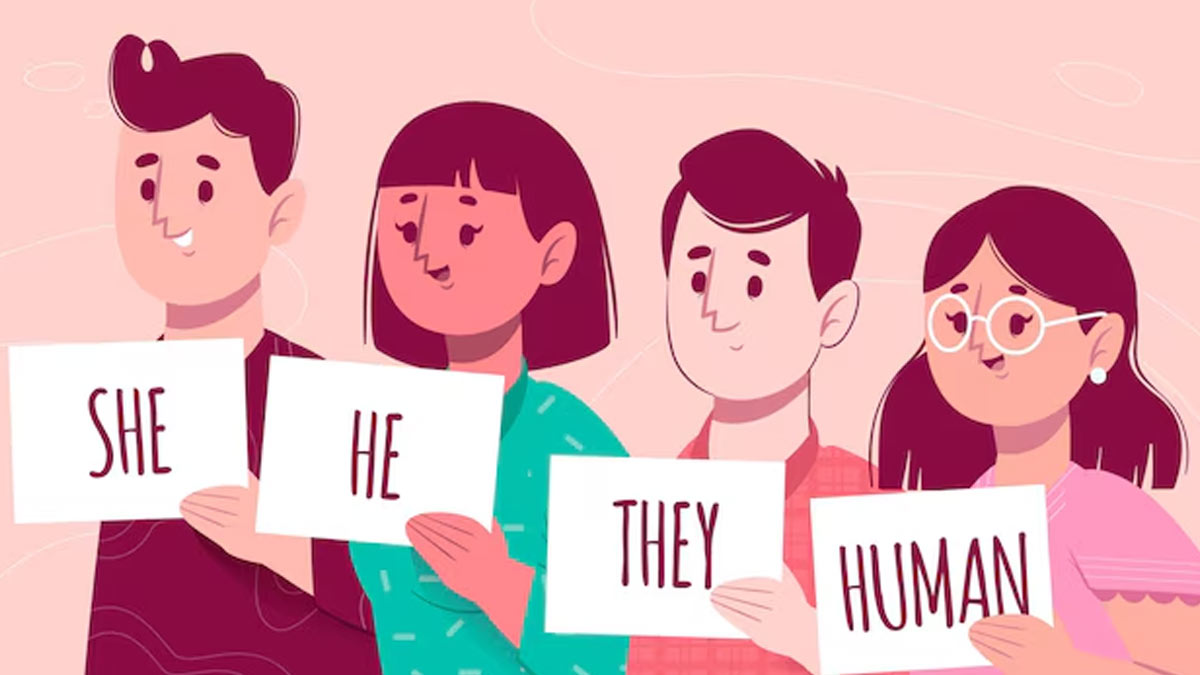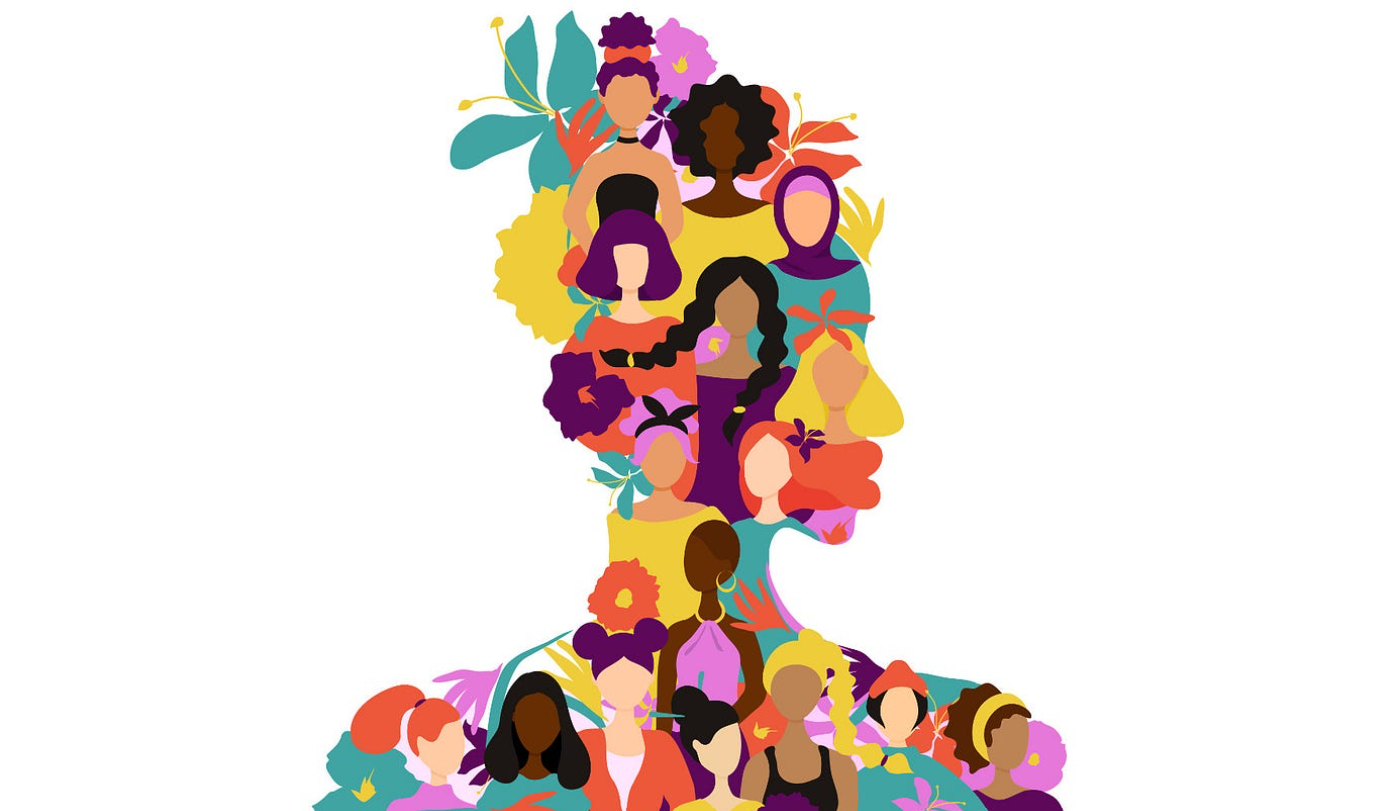
In the quest for gender equality in education, community engagement and female leadership are proving to be powerful catalysts for change. Dr Sunita Gandhi, Founder of DEVI Sansthan, shares her expert insights on how these factors are reshaping the educational landscape for women in India.
Dr Gandhi points out that India has made significant strides in women's education since independence. In 1947, less than 10% of women could read in their mother tongue. Today, we see Indian women breaking barriers in various fields, from space exploration to medical research and entrepreneurship. However, the journey is far from complete.

Despite progress, Dr Gandhi highlights a sobering statistic: one-third of women in India still cannot read, making it the country with the largest population of illiterate women globally. This disparity underscores the need for continued efforts to promote gender equality in education.
Dr Gandhi shares the poignant story of Sabiya, a 17-year-old girl from a slum community. Despite passing her Grade 12 exam, Sabiya faced resistance from her family to pursue higher education due to financial constraints and deep-rooted patriarchal norms. This narrative exemplifies the challenges many young women in India continue to face.

Dr Gandhi emphasises the importance of community-led initiatives in driving change. She cites the inspiring example of Karauni Village in Lucknow, Uttar Pradesh, where 22 ordinary women took on the extraordinary task of making every woman in their village literate. With support from DEVI Sansthan, these change agents successfully empowered their fellow women with basic education.
Don't Miss: Top 5 Government Schemes For Girl Child In India

Dr Gandhi underscores the critical role of women in leadership positions to drive gender equality in education. She notes that while Indian women are entering professions like medicine in large numbers, they still face significant challenges, including workplace discrimination and domestic violence. This highlights the need for more women in decision-making roles to address these issues effectively.
Dr Gandhi concludes with a powerful call to action. She asserts that when women unite with a common goal, they can break barriers and transform societies. The expert urges a collective pledge to make gender equality in education a reality, emphasising that millions of girls like Sabiya deserve nothing less.
Dr Gandhi suggests that achieving gender equality in education requires a multi-faceted approach. This includes:
By combining top-down policy changes with bottom-up community efforts, Dr Gandhi believes India can accelerate its progress towards true gender equality in education.
Don't Miss: Workplace Safety For Women: Insights And Tips From Women Entrepreneurs
For more such stories, stay tuned to HerZindagi
Herzindagi.com is Jagran New Media's gender and lifestyle vertical, catering to women of all age groups, helping them remain updated, on-trend and aware. To improve our performance and understand our readers' interests better, we have created this poll. This will take 2 minutes of your time, do help us out with this link.
Images Courtesy: Freepik
Also watch this video
Herzindagi video
Our aim is to provide accurate, safe and expert verified information through our articles and social media handles. The remedies, advice and tips mentioned here are for general information only. Please consult your expert before trying any kind of health, beauty, life hacks or astrology related tips. For any feedback or complaint, contact us at [email protected].